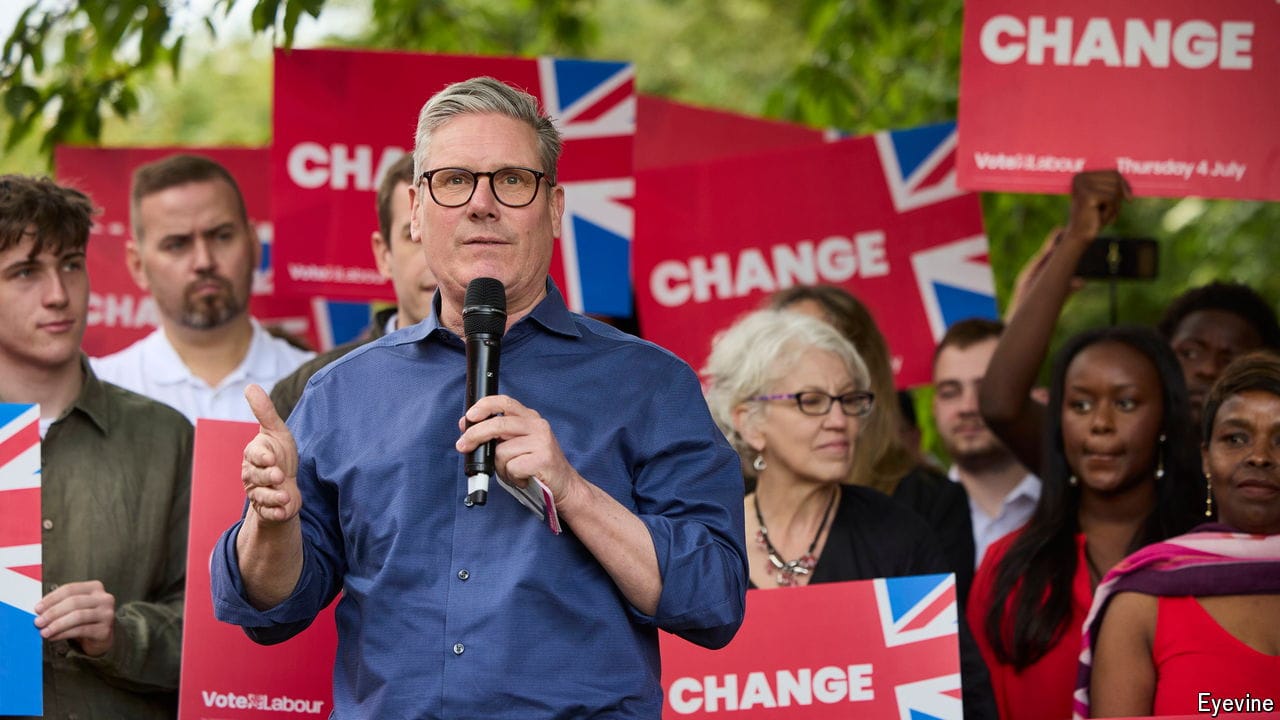Why is free trade good?
Donald Trump is in a stand-off with Adam Smith

By A.F.
PROTECTIONISM is back. On March 8th President Donald Trump signed into law tariffs of 25% on steel imports and 10% on aluminium, to come into effect two weeks later. It is unclear which countries will be hit. Even if exemptions are expanded beyond Mexico and Canada, this is still a big step for the president to take. Mr Trump tweets that this is for the best. By levying these tariffs, the story goes, the American economy will be better off because jobs in the steel and aluminium sectors will return to the homeland from foreign countries that have “stolen” them. Such thinking has traditionally been known as “mercantilism” and it is easy to see why it appeals. We buy things from that country, instead of making them ourselves. If we made them ourselves, we would have more jobs and this would make us better off. So why is the mercantilist argument wrong?
That is a question close to the heart of The Economist. It was founded as a newspaper in 1843 to campaign against high import tariffs and in favour of the principles of free trade. The issue of the day was the Corn Laws. These were a series of taxes and restrictions on imports of grain, designed to favour British farmers. Local produce had been losing out to cheaper foreign imports. The Corn Laws succeeded in blocking them, thereby increasing profits for farmers and landlords. But in the process they made bread more expensive and hunger more widespread. The Corn Laws were bad for Britain even though they claimed to be standing up for British produce. With bread costs consuming the budgets of households nationwide, other industries (and the wider economy) suffered. The industries Mr Trump’s tariffs aim to protect face similar problems. But just like corn in 19th-century England, tariffs on steel will impose a real cost on those who consume it.
More from The Economist explains

How political “cohabitation” works in France
Upcoming parliamentary elections could lead to a new period of political friction

How America’s presidential debates are changing this year
Will the Trump-Biden showdowns be an institution’s last gasp, or a new start?

What are MRP polls and can they predict election results accurately?
How a novel technique to predict Britain’s general election works
